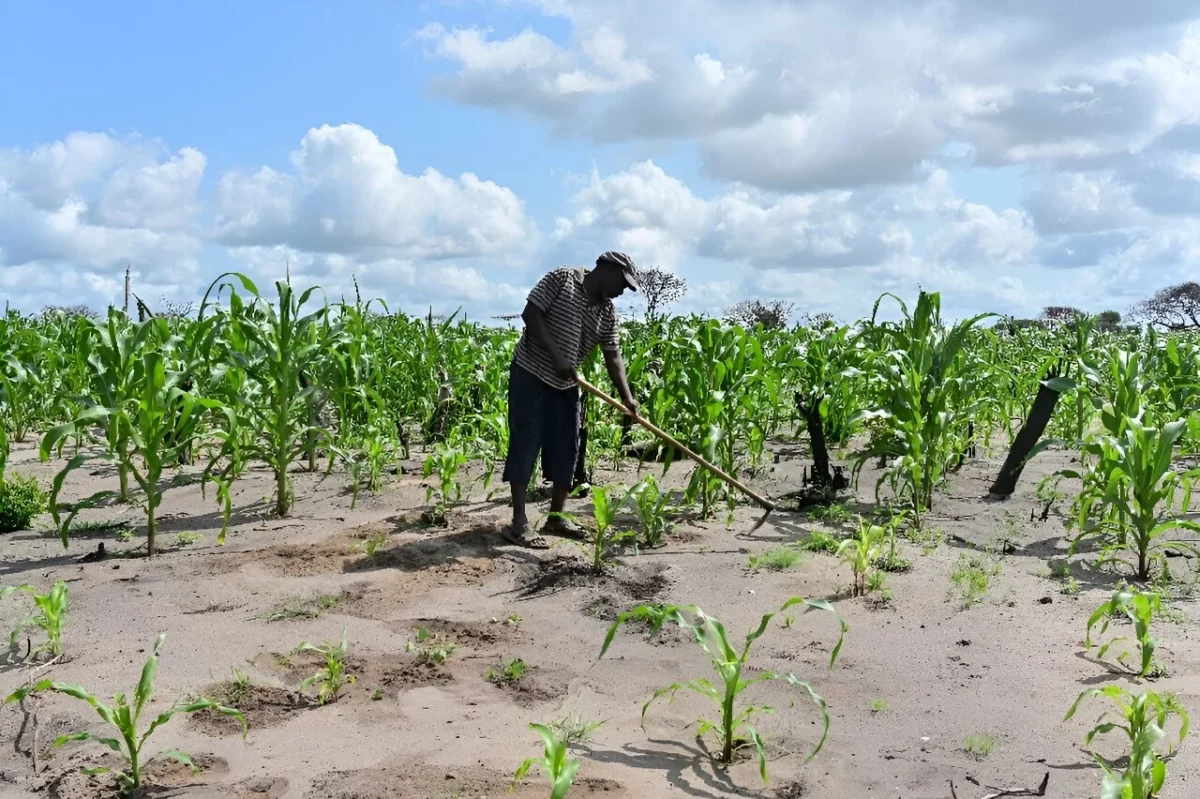A newly formed coalition of concerned Kenyans, including farmers, consumers, and activists, has come together under the banner of Kilimo Cha Haki to oppose a series of agricultural bills currently under debate in Kenya’s 13th Parliament.
The coalition warns that these nine proposed bills pose a direct threat to the country’s food security and sovereignty, with potential devastating consequences for Kenya’s agricultural sector, which contributes more than 80% to the nation’s GDP.
Speaking at a press briefing, Kilimo Cha Haki convener Mary Kathomi Riungu outlined the movement’s primary concern: protecting food sovereignty and security.
She expressed fears that these legislative proposals would burden small-scale farmers and disrupt traditional farming practices that have sustained local communities for generations.
“The coalition argues that these bills are not only unnecessary but also unconstitutional,” Riungu stated. “They criminalize certain aspects of agriculture and introduce regulations that unfairly burden small-scale farmers and livestock keepers.”
Key Bills Under Fire
The coalition has specifically targeted the following bills, which they argue will negatively impact Kenya’s agricultural landscape:
1. Agriculture and Food Authority Bill
2. Livestock Bill 2024 – tabled by Hon. Kimani Ichung’wah
3. Mung Bean Bill 2022 – co-sponsored by Hon. Enoch Kiio Wambua and Hon. Paul Nzengu
4. Agriculture Professional Registration and Licensing Bill 2024 – tabled by Hon. Kanyuithia Mutunga
5. Nuts and Oil Crops Development Bill 2023 – tabled by Senator Hamida Kibwana
6. Horticultural Crop Authority Bill 2024 – tabled by Hon. Sabina Chege
7. Land Amendment Bill (withdrawn) – tabled by Hon. Kimani Ichung’wah
8. Rice Bill 2024 – tabled by James Kamau Murango
9. Water Amendment Bill 2023
Riungu noted that Kenya already has 15 state agencies under the Ministry of Agriculture, including the Agriculture and Food Authority (AFA), Kenya Plant Health Inspectorate Services (KEPHIS), and Kenya Seed Company (KSC), tasked with regulating the agricultural sector. According to her, these agencies, in cooperation with County Governments, already oversee much of the industry, making the proposed legislation redundant and unnecessarily duplicative.
“The new bills duplicate existing regulations and would unfairly penalize small-scale farmers for traditional farming methods,” Riungu said, pointing out that many farmers grow crops and raise livestock primarily to feed their families, only selling surplus in local markets.
Fears of Corporate Control
Kilimo Cha Haki also raised alarms about the growing influence of multinational corporations in Kenya’s agricultural sector, particularly since the recent lifting of the ban on genetically modified organisms (GMOs).
The coalition argues that the proposed bills may be part of a broader agenda to hand over control of Kenya’s food sovereignty to corporate interests, further marginalizing local farmers.
“These bills could pave the way for corporate takeovers of Kenya’s agricultural sector, endangering the livelihoods of smallholder farmers and compromising our nation’s food security,” Riungu warned.
Call for Self-Regulation and Legal Action
Instead of further government-imposed regulations, Kilimo Cha Haki advocates for an approach that promotes self-regulation through cooperative societies, Savings and Credit Cooperative Organizations (SACCOs), and local farmer organizations.
Riungu believes that this collaborative approach, alongside existing state agencies, would empower farmers and foster the long-term sustainability of Kenya’s agricultural sector.
The coalition is now rallying Kenyans, legal professionals, and other stakeholders to challenge the constitutionality of these bills in court. Determined to protect the livelihoods of farmers and the future of Kenya’s food independence, Riungu concluded the press briefing with a powerful call to action.
“We cannot allow Parliament to legislate against the very essence of farming in Kenya. These bills are punitive, unconstitutional, and a threat to our future,” she declared. “We call on all Kenyans to stand in solidarity and defend our food sovereignty for generations to come.”
Read Also: Equity Bank Partners with John Deere to Boost Kenyan Agriculture
















